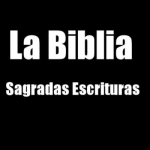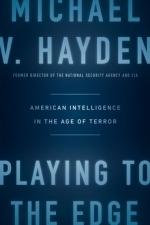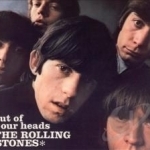
La Biblia Sagradas Escrituras (Spanish Bible)
Book
App
If you like our reader LoudReader, please go to APP store to search 'Loudreader' for many more great...

Madhyamam Weekly
News and Magazines & Newspapers
App
Madhyamam is India's first international newspaper-with Gulf Madhyamam, the largest circulated...

Lonely Planet New York City
Regis St. Louis, Lonely Planet, Zora O'Neill and Cristian Bonetto
Book
Lonely Planet: The world's leading travel guide publisher Lonely Planet New York City is your...

Lonely Planet Washington, Oregon & the Pacific Northwest
Lonely Planet, John Lee, Sandra Bao and Celeste Brash
Book
Lonely Planet: The world's leading travel guide publisher Lonely Planet Washington, Oregon & the...
Shadows Across the Moon: Outlaws, Freaks, Shamans and the Making of Ibiza Clubland
Helen Donlon and Richie Hawtin
Book
Once a fabled pirate garrison, the Balearic island of Ibiza has been colonised and continually...
Johnny Marr recommended Out of Our Heads by The Rolling Stones in Music (curated)

Investing.com
Finance and Business
App
Investing.com offers a set of financial tools covering a wide variety of global and local financial...

Playing to the Edge: American Intelligence in the Age of Terror
Book
An unprecedented high-level master narrative of America's intelligence wars, demonstrating in a time...
Politics security conflict

Tapatalk Pro
Social Networking and News
App
Tapatalk Pro is strip down version of Tapatalk - only for the forum fanatics - those who like old...

Texture Canada
News and Entertainment
App
Texture is the only app that gives you unlimited access to over 200 top magazines. Enjoy full issues...

